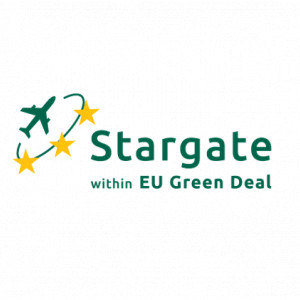 \
&
Contact us
\
&
Contact us
 \
&
Contact us
\
&
Contact us
This was 2 years ago
LocationOnline only (no recording)
ProgrammesThe MSCA Green Charter foresees that activities funded under the Marie Skłodowska-Curie Actions should be performed as sustainably as possible. During the session the speakers will be taking a closer look at the MSCA Green Charter itself
Furthermore the main preliminary findings of a study recently completed by the European Commission on the Charter’s implementation will be presented. The organisers will point to useful guidance material and invite past and current MSCA beneficiaries – individuals as well as institutions – to share tips on how their adopted sustainable practices in their own projects. The event is interactive and will provide opportunities for questions and discussion on policy and practice in greening research.
All information on the event (agenda and registration form) is available via the event announcement on the MSCA website.
We offer news and event updates, covering all domains and topics of Horizon Europe, Digital Europe & EDF (and occasionally, for ongoing projects, Horizon 2020).
Stay informed about what matters to you.
By signing up, you can opt in for e-mail notifications and get access to
a personalised dashboard that groups all news updates and event announcements in your domain(s).
Only for stakeholders located in Flanders

The Stargate project obtained funding under the special Green Deal call of Horizon 2020, more in particular under the topic of “green ports and airports”. It received the maximum score of the evaluators and was selected out of more than 40 projects. Stargate’s purpose is to prove that sustainable aviation is possible and happening. It focuses on the further decarbonization of the aviation industry, the improvement of local environmental quality and the stimulation of the modal split. Together with a consortium of 21 European partners with a diverse and rich expertise (airports, community partners, knowledge institutions, consultants, local governments, …), Brussels Airports takes the lead as lighthouse airport to develop and implement innovative solutions. Results that prove successful can be deployed at the fellow airports (Toulouse, Budapest, Athens). Over the course of the coming five years, the consortium will exchange knowledge to investigate and realize more than 30 concrete projects.